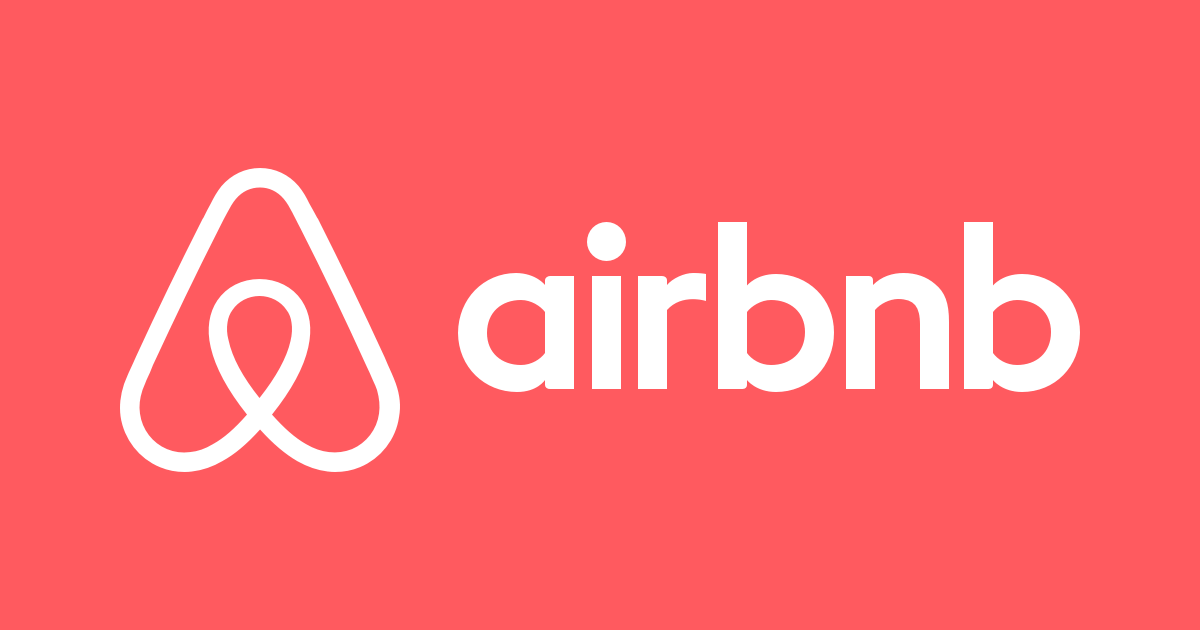Costa Rica News – The real estate rental platform, Airbnb, approached the Costa Rican Ministry of Finance to offer to collect and transfer the sales tax on the transactions carried out in the country.
 Rumors were confirmed by the Director of Public Policies for Airbnb, Shawn Sullivan. In August the director met with the Deputy Minister of Revenue, Fernando Rodriguez and the general director of Taxation, Carlos Vargas.
Rumors were confirmed by the Director of Public Policies for Airbnb, Shawn Sullivan. In August the director met with the Deputy Minister of Revenue, Fernando Rodriguez and the general director of Taxation, Carlos Vargas.
Airbnb is a technology company founded in 2008 based out of San Francisco, California that connects travelers with accommodation options in more than 34,000 cities in 190 countries. According to the website, it has 1.5 million hosts and more than 60 million guests.
In Costa Rica there are 6,600 hosts offering 11,000 spaces. The occupancy rate is 27 days per year and the most traded sites are in Puntarenas, Guanacaste and San José.
The offer is being analyzed by the tax authorities reported the press office of the institution.
Currently the hosts, who are the users for Airbnb, receive 97% of the total cost of the rate they charge, while the platform charges a 3% commission. For now, the public finances are not receiving income from the operation of this hosting system.
According to the Directorate General of Taxation (DGT), this type of lodging service must pay sales tax and rent.
For Sullivan, it is feasible to collect the sales tax, but not the income tax because it is up to each host to make his tax return.
During the meeting last August, Hacienda asked the company for the database of its more than 6,600 hosts in Costa Rica, this point will not be discussed by Airbnb, for the protection of the privacy of its users.
If the government accepts the proposal, Airbnb would levy the tax on its users through the Internet platform and allow the government to audit transactions to ensure the reliability of its return.
The change would take at least a month or two, according to the Airbnb director.
Airbnb does not have an estimate of how much money this retention would represent, but Sullivan pointed out that an agreement like this would allow Hacienda to do the same with similar platforms.
In an interview with La Nacion, Airbnb’s director of public policy for Central America had said he had approach the Ministry of Finance and the Costa Rican
Tourism Institute to present the company and learn if the country and the company could work together.
Furthermore, Airbnb had an interest in speaking with the government to learn about the level of interest and to explain that the company is willing to collect and deliver government taxes. Their intention is to work with the government and the laws already implemented for similar businesses.
At the moment Airbnb has no estimate on how much money will be collected by the government, but if there is an agreement reached between both parties, government could negotiate with competitors, which would increase public revenue. However, the collection government of taxes on the service will result in increase hosting cost.
Sullivan pointed out that Airbnb has been in communication with the National Chamber of Tourism and want to work with them regarding a bill that would establish a 5% tax on Airbnb rentals to finance national parks.
By Brenda Sotelo

